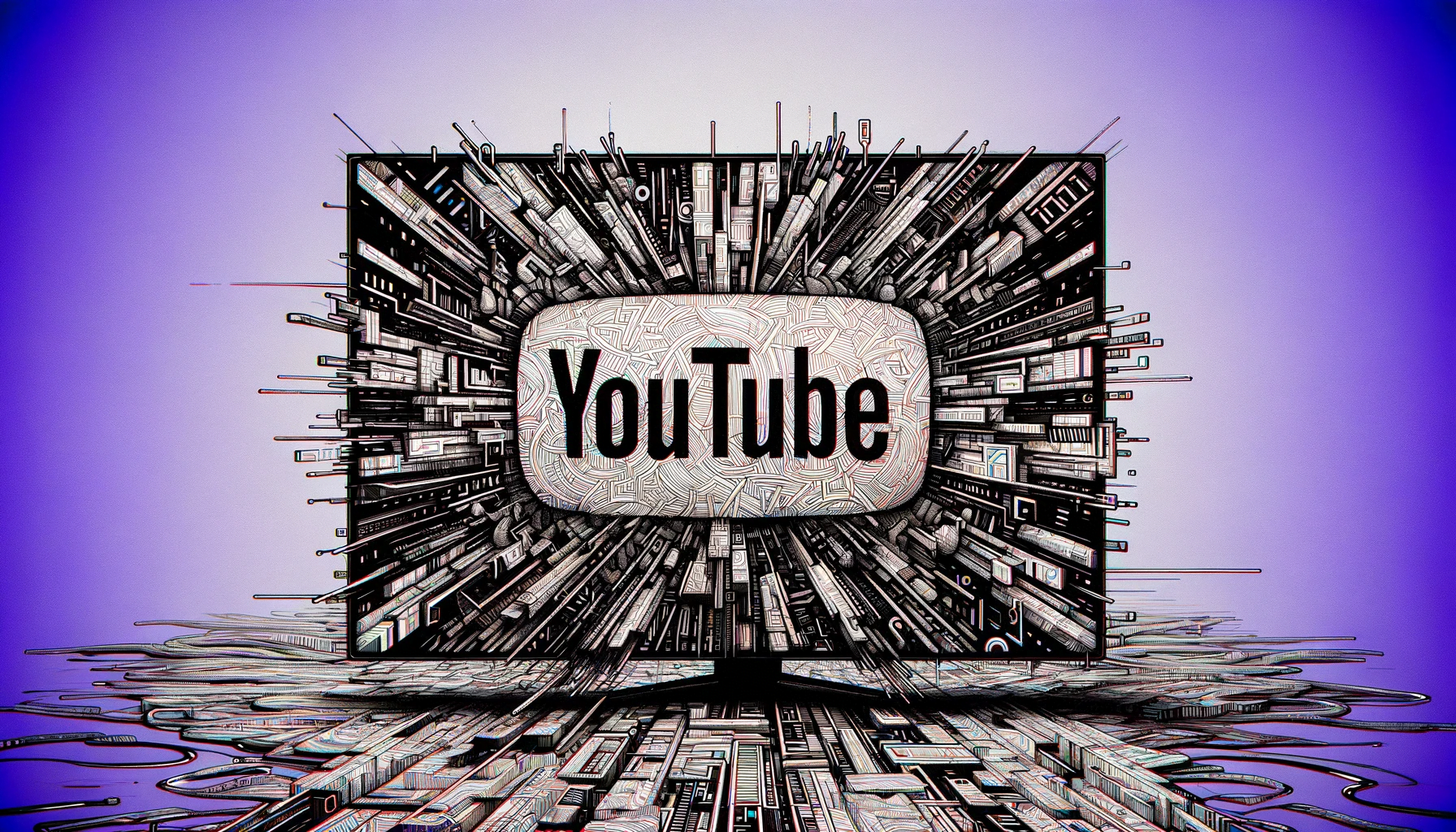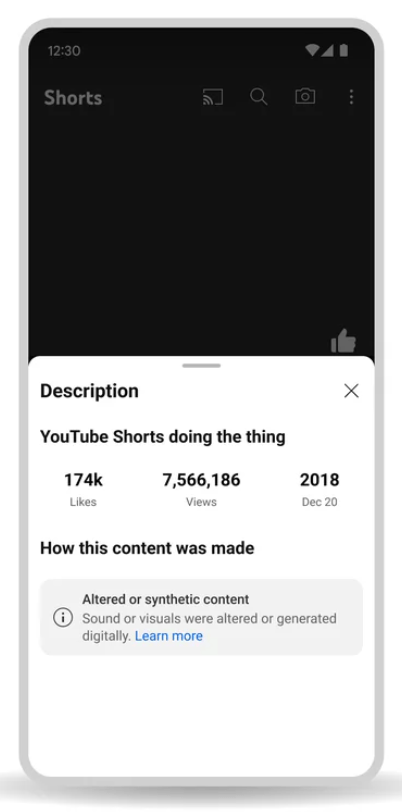YouTube tightens guidelines for AI-generated content and deepfakes

YouTube plans to introduce stricter guidelines for AI-generated deepfakes next year, particularly to protect its partners in the music industry.
YouTube plans to introduce stricter guidelines for AI-generated deepfakes next year. Video creators will be required to label realistic AI-generated content, particularly related to elections or current conflicts, at the time of upload.
Failure to comply with this labeling requirement could result in sanctions such as removal of the video and demonetization. In addition, people can request the removal of videos that simulate the face or voice of an identifiable person.
However, YouTube also notes that not all AI content will be removed per se, for example, if it is parody or satire, if the person making the request is identifiable, or if it is a video about a well-known person.
This suggests that YouTube will still have a large gray area to moderate. It is also unclear how YouTube plans to reliably detect AI content and deepfakes. YouTube says it uses a combination of human and machine learning to enforce its community guidelines.
Any content created using YouTube's generative AI products and features will be clearly labeled as altered or synthetic.
No parody exceptions for music deepfakes
When uploading content, creators will have new options to indicate whether the content is realistic, altered, or synthetic. According to YouTube, this is especially important for content that deals with sensitive topics or features public figures.
To alert users that the content may be manipulated or synthetic, YouTube will introduce a new label in the description field and more prominently display certain content on sensitive topics in the video player.

Music partners may also request the removal of AI-generated music content that mimics an artist's unique singing or speaking voice. Factors considered in determining a removal request include whether the content is the subject of news coverage, analysis, or criticism of synthesized voices.
For AI-generated music content that mimics an artist's unique singing or speaking voice, there will be no exceptions for parody or satire, according to The Verge.
AI News Without the Hype – Curated by Humans
As a THE DECODER subscriber, you get ad-free reading, our weekly AI newsletter, the exclusive "AI Radar" Frontier Report 6× per year, access to comments, and our complete archive.
Subscribe nowAI news without the hype
Curated by humans.
- Over 20 percent launch discount.
- Read without distractions – no Google ads.
- Access to comments and community discussions.
- Weekly AI newsletter.
- 6 times a year: “AI Radar” – deep dives on key AI topics.
- Up to 25 % off on KI Pro online events.
- Access to our full ten-year archive.
- Get the latest AI news from The Decoder.